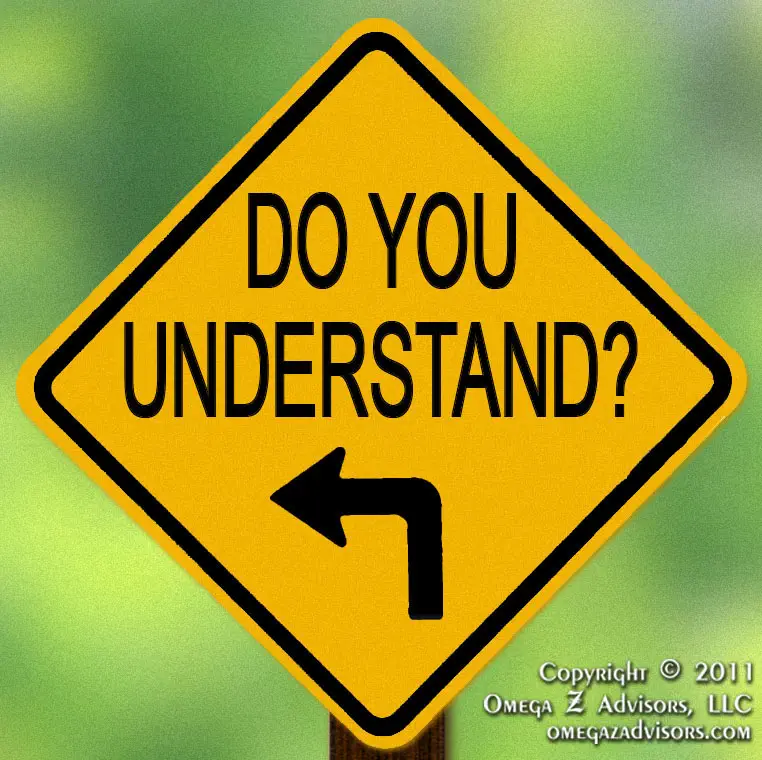Education Bias (Pt 3): Leadership Over Knowledge
 An education bias overlooks the profound impact of feelings, emotions and intuition on thinking in choice. Leadership is the most poignant example. Patrick Spenner and Karen Freeman, managing directors at Corporate Executive Board, state in their article, “To Keep Your Customers, Keep It Simple” (Harvard Business Review, May 2012 edition):
An education bias overlooks the profound impact of feelings, emotions and intuition on thinking in choice. Leadership is the most poignant example. Patrick Spenner and Karen Freeman, managing directors at Corporate Executive Board, state in their article, “To Keep Your Customers, Keep It Simple” (Harvard Business Review, May 2012 edition):
. . . the [leader] cuts through the seemingly infinite options and provides decision-making criteria.
This occurs many times because the information by which we educate ourselves becomes so overwhelming as to render us powerless to think and act. From this perspective, leaders serve a function, even if it’s simply influential teenage girls suggesting to their peers what to wear and do by reporting their activities on various social media sites.
However, seen from a darker perspective, we not only see leadership’s dark side but also the impotency of facts and education in the face of eloquent leaders. In effect, knowledge is not power for it’s how we process that knowledge that is the real power. When it comes to that process, it’s not facts but the leader which has more power over it.
Thus, when we ask people, “Do they understand?” it’s irrelevant if the leaders people like support something else. This is where the two aspects of interpersonal relationships come into play: the knowledge from education (red) is subservient to the passion of the leader (blue). In other words, people may understand but their agreement, volition and heart rest with the leader.
Therefore, an education bias puts too much faith – and that’s what it really is, faith – in facts, knowledge, logic, reason and science to win the day. There are stronger emotional powers at work, especially those originating from leaders. That is why influencing is more a function of cultures and relationships than of data, information, strategies and vision.
- Problems With Asking “Do You Understand?”
- Why More Information And Education Don’t Solve Problems
- Education Bias (Pt 3): Leadership Over Knowledge
- Education Bias (Pt 5): Understanding vs. Appreciation

